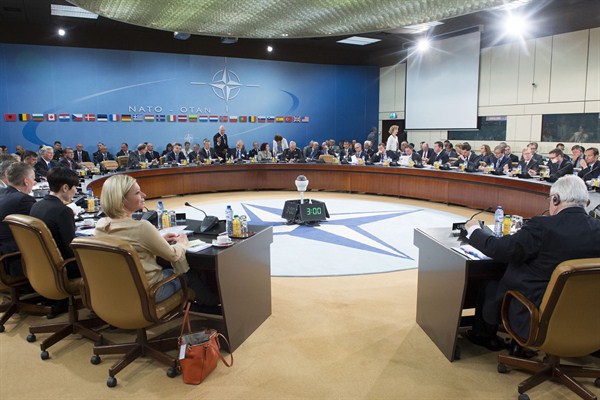Today’s international system is a confusing and hybrid mix of concepts about how states interact and manage their relations. Since the end of the Cold War, the absolute and relative importance of alliances is increasingly being questioned, and new forms of ad hoc cooperation that do not assume permanent shared interests have emerged. Above all, there’s no longer one rule book to govern interstate relations. Instead states in the 21st century work across a full spectrum of approaches, from insistence on absolute state sovereignty on one end of the spectrum to regional integration on the other, with a range of partnerships of varying degrees of obligation and commitment in between.
Today, with the possible exception of North Korea, most governments see the value of working with other countries on shared or mutually beneficial projects, from security, trade and infrastructure cooperation to more ambitious initiatives to improve the human condition. There is nearly always some level of friction in these relationships, as most states seek to maximize their freedom of action and resist infringements on sovereignty.
Watching Cuba and Iran move clumsily to different forms of engagement with the United States recalls the mistrust and avoidance of foreign entanglements that shaped President George Washington’s views of how America, then in its infancy, should conduct its foreign policy. Washington warned against the binding obligations of alliances, even though he advocated active trade and political interaction with other nations. The administration of President Barack Obama is now poised to transform U.S. relations with these two 20th-century revolutionary states, one an orphaned satellite of the defunct Soviet empire that still clings to communism, and the other an original, stand-alone creation with a complex web of governing institutions. Both demonstrate their distrust of the international system and seek to avoid commitments to cooperate with other powers that might limit their freedom of action.

